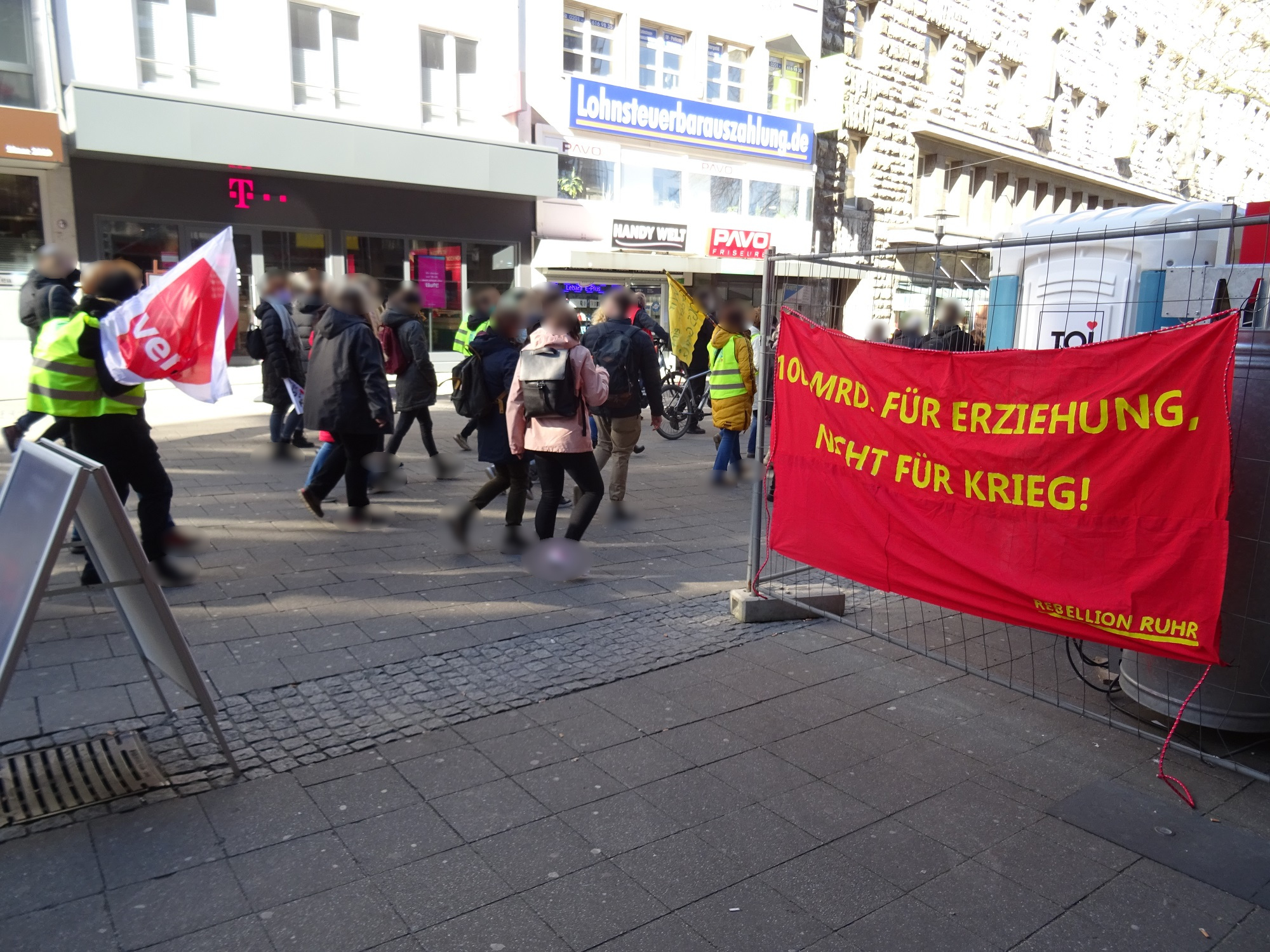In the FRG there is a problem with a lack of manpower, which is also permanently emphasized by bourgeois politicians. One of many areas where this problem is particularly drastic is, in addition to the health sector and schools, the day care centers. In Germany the new kindergarten year starts on 01 August, which means that many new children will enter the day care centers. In North Rhine-Westphalia alone, 760,619 new children will be cared for in daycare centers or by child minders. However, many parents and guardians are still desperately looking for daycare places. According to a study by the Bertelsmann Foundation, there is a shortage of 100,000 daycare places in North Rhine-Westphalia alone.
The fact that there are too few Kita places and thus also too few educators is due, among other things, to the fact that many people either no longer enter the profession or drop out. The reasons for this are manifold and also understandable. Far too few personnel on too many children, thereupon a child care and education which is rather child maintenance. The consequence of this is that educators have significantly more sick days than the national average and are also strongly affected by mental illness and burnout. According to a ZDF report, this is one of the reasons why there will be a shortage of more than 230,000 specialists in daycare centers by 2030.
This disastrous situation leads to the fact that kindergartens and towns have to help themselves. But as so often in imperialism, the solutions to a problem are part of the problem. In Mönchengladbach, they are trying to cope with the situation by importing skilled workers from Spain. For two years, more and more Spanish women have been working as educators in Mönchengladbach, and the total number has risen to 30. And as good as it may be for the individual to have found work in Germany and to be paid quite well in comparison, at the end of the day it is a problem for society as a whole when people from other countries are imported here like goods because of their labor and a shortage of educators also arises in the countries of origin. In Grevenbroich Kitas try to loosen the personnel regulation to close the ranks in the Kindergartens. With a further training in the future hobby cooks, hobby craftsmen and hobby musicians are to be employed in Kitas. In Solingen children of parents who do not get a kindergarten place are to be accommodated now in so-called play groups. In the future, the children of working parents are to be cared for in two playgroups for 10 children each for 15 hours a week, i.e. an average of three hours a day. The mockery of this measure can only be topped by the fact that the children are to be accommodated in a former administrative building and in a vacant residential building respectively.
Meanwhile, daycare workers, parents' associations and experts are appealing for more money to be made available for more staff and greater relief. The recently adopted federal budget cuts spending in the social sector, however, to have more money for rearmament and wars. In addition comes that by the 10,8% tariff conclusion in the public service, Kitas which are not concerned by the tariff conclusion like those of free carriers and parents initiatives must fear now that their anyway already few specialists move into better paying Kitas. These examples show that imperialism is no longer able to solve the basic problems of the people. Instead, municipalities and daycare centers everywhere are competing with each other and even outdoing each other in the desperate competition for workers.

